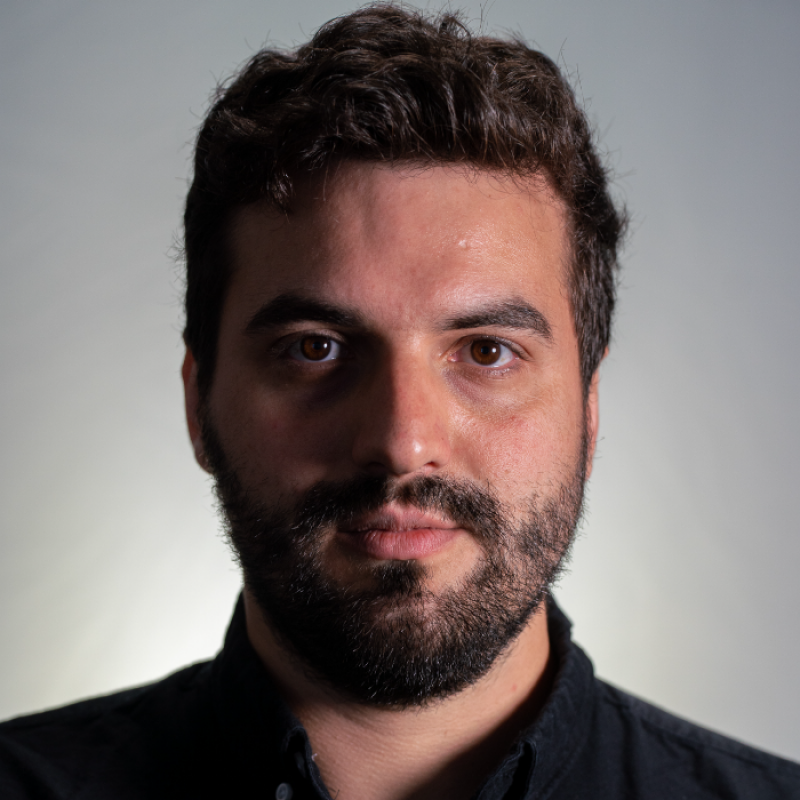Supervisors

- Position
- Lecturer
- Division / Faculty
- Faculty of Engineering
Overview
This project offers students an immersive experience in Atomic Force Microscopy (AFM), a high-resolution imaging technique used in nanotechnology, materials science, and biology to visualise surfaces at the atomic and molecular levels.
You will focus on enhancing precision control techniques through the instrumentation of an 800×800 µm XY positioning table. This table comprises two piezoelectric actuators responsible for precisely moving a sample under the microscope. The actuators must undergo comprehensive characterisation, including frequency response analysis and model identification, to establish a robust foundation for subsequent control experiments.
A key aspect involves specifying the interfacing hardware, such as dSPACE or similar hardware, to condition sensor signals and translate command signals for actuating the positioning table.
Research engagement
There are many things you can focus on:
- Characterising these components to understand their strengths and limitations.
- Designing and implementing digital controllers to enhance system performance.
- Simulating the system to test different control strategies.
- Analysing the impact of factors like noise and quantisation on system accuracy.
Research activities
The first task is to consider a controller board (either building or buying a commercial one). This will be responsible for the control loop (reading the sensors, commanding the actuators, etc). Then we can characterise the components, create and compare simulation models of the system, etc.
The activities can involve, depending on your interests:
- Electronics design
- Control design
- Signal conditioning
- System identification.
The student will work directly with the supervisor.
Outcomes
The expected outcome is to prepare the XY positioning table as a test bed for subsequent control experiments.
The ultimate goal is to develop control techniques that can significantly improve the quality of AFM images, by improving our tracking of the scanning trajectory, while reducing system costs (because we will implement techniques that require low-resolution sensing).
Skills and experience
The applicant is expected to have a background in electrical/mechatronics engineering, where knowledge of electronics and control theory is mandatory.
Start date
18 November, 2024End date
28 February, 2025Location
QUT S Block Level 11
Keywords
Contact
Contact supervisor